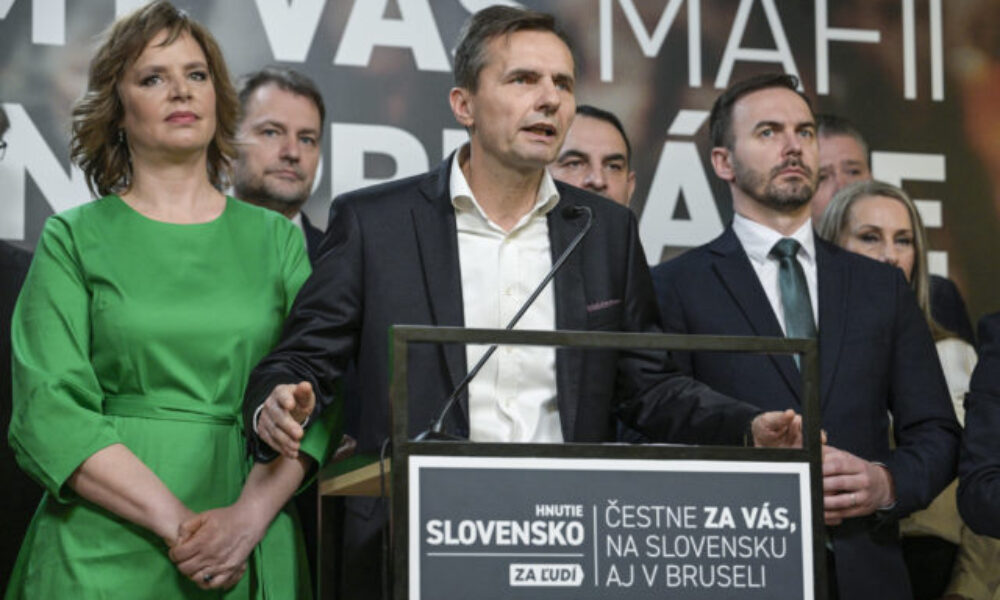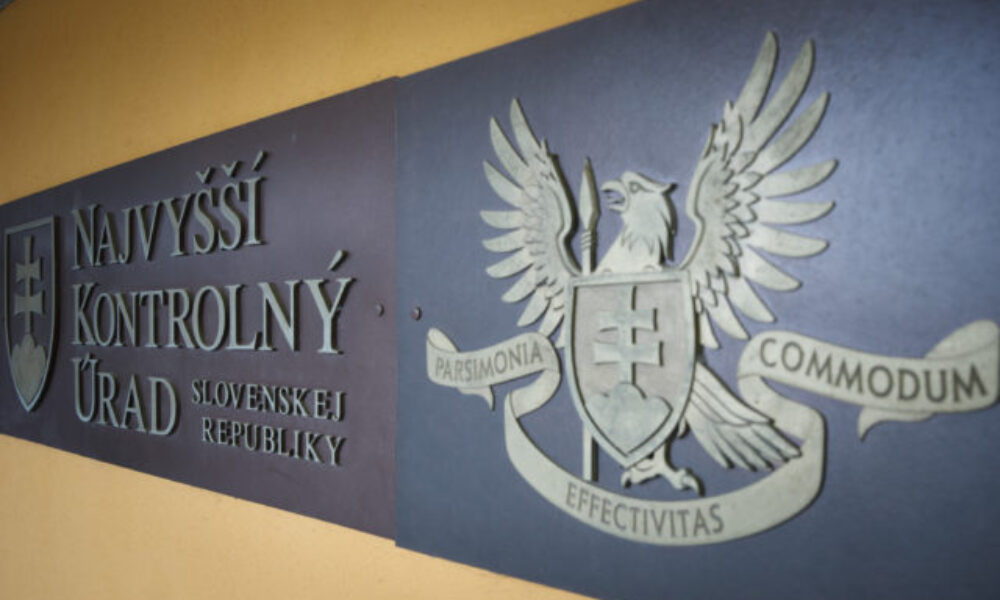
Two Commission officials, granted anonymity to speak about the sensitive process, said that alternative models were being considered whereby departments could be merged.
By the end of 2026, the EU executive will move to eliminate “unnecessary processes” and encourage “more collaborative working,” having carried out a thorough assessment of “who does what.” An external high-level group will be convened this autumn to provide advice on the process, with the launch of the formal review slated for the end of 2025 or start of 2026.
In a statement to POLITICO, a spokesperson for the Commission confirmed that the high-level external group would be comprised of between seven and nine advisors “drawn from mainly from the public (or semi-public) sphere or academia in fields relevant to the review such as digitalisation, organisational culture and civil service reform. Highly qualified experts from other organisations including the private sector may also be brought in as ‘invited experts.’”
The final set of recommendations, the spokesperson said, would be in place by the end of next year.
The Commission, which is responsible for the delivery of most of the bloc’s day-to-day administrative functions, employs around 32,000 people working on every aspect of the bureaucracy.
Since taking office in 2019, von der Leyen has sought to streamline the flow of decision-making, centralizing control in her Berlaymont headquarters to ensure the EU can react more rapidly to events and crises like Russia’s full-scale invasion of Ukraine.










